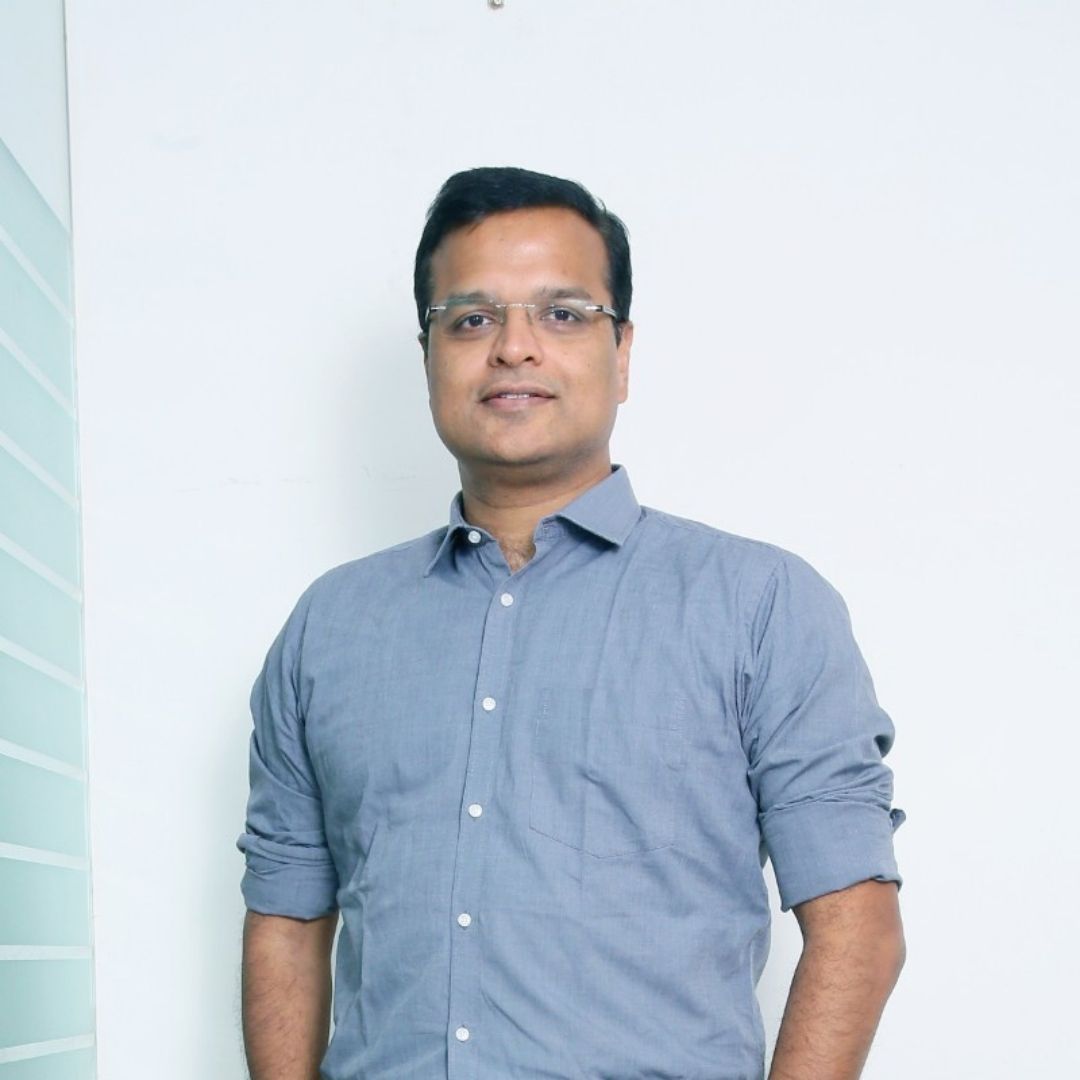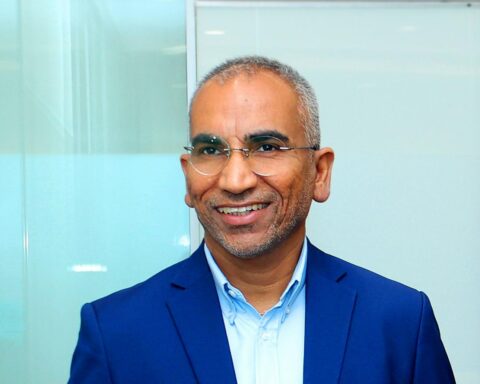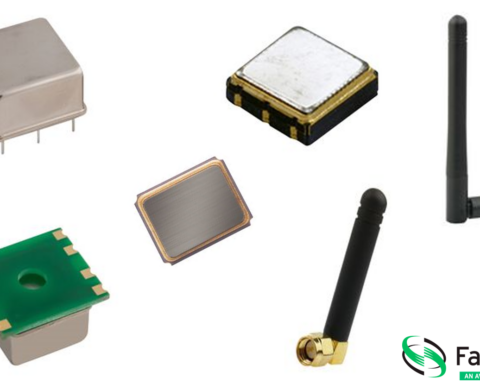Amit Singh is the CEO and Founder of Teliolabs. In an exclusive interview with team IT-Voice, he answered questions related to the organization and IoT domain. Below is an excerpt from the interaction:
Prateek: What is the significance of IoT in Industry 4.0?
Amit Singh: IoT is the backbone of industry 4.0, if you compare it to how assembly lines were managed 5 years back and now, then you will find the exact difference in the management of the whole machinery. IoT coupled with AI has taken over the industry by storm, every industry now wants to further automate its processes and maximize the Overall equipment effectiveness (OEE). Thus, managing better efficiency, cost control, and increased ROI.
Prateek: Has the pandemic halted the implementation of the technology or paved the way for it?
Amit Singh: The pandemic has actually allowed companies to modernize their processes, due to covid norms where employees can not work in full strength, then automation can actually help to sustain the production lines with lesser manpower while adhering to the guidelines. The pandemic has also created a dent in the margins as the consumption of varied items has gone down significantly, here having an IoT-enabled assembly line will help the companies to improve the ROI and save money. This in the long run will not just be good for the company but for the workforce which will be upskilled to meet the requirement of the job.
Prateek: What sectors in India have taken IoT progressively?
Amit Singh: Manufacturing is not the only big mover in this segment. The Pharma industry is also utilizing the IoT to keep the momentum at par with the market demand. Other than this, the banking sector is another field where IoT has made a major inroad in providing actionable data in form of consumer behavior like spending habits, use of ATMs, Mobile apps, UPI, etc. Though these sectors are warming up to IoT, the Automobile sector is way ahead in terms of the implementation of IoT-based solutions from manufacturing to post-sales data.
Prateek: How can the integration of IoT in healthcare bring the much-required revolution?
Amit Singh: IoT has allowed central monitoring stations for patients who are admitted and being taken care of at the hospital. If a patient is in ICU or in a room, the devices are centrally connected giving a real-time update on the patient’s vitals. Any red flag in the vitals can create an alarm for the central monitoring system and send an alert to the designated doctor to respond in a timely manner. This very utility can help doctors to manage the health of their patients remotely.
Prateek: What skill sets are required for working in a fast-paced environment? Can you please share some developments within the company in terms of hiring?
Amit Singh: IoT is still evolving domain and use cases are predominantly seen in the industrial sector. However, to implement these use cases we need people who are open to ideas and ready to explore other skill sets. However, one needs to have a good understanding of JAVA, Python, Nodejs to begin their IoT journey. As a company, we are very much open to train people in technology even if they are coming from a sabbatical or want to shift from instrumentation to core coding. We are slowly but surely moving towards 200 strong team members and have increased our team strength by 63% this year where our main focus has been getting the best technical talent onboard.
For any such interaction opportunities, you may write to us at [email protected].








